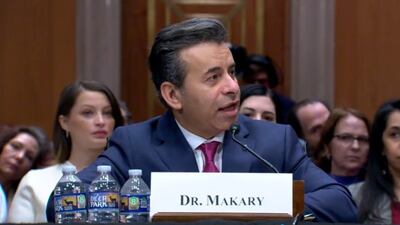Uncertainty remains for inspections and automation as industry navigates the use of artificial intelligence and machine learning in product development and awaits formal US Food and Drug Administration guidance.

AI In Drug Development: Regulatory Clarity Needed On Inspections, Human Role
Regulatory uncertainty and the biopharma industry’s longstanding aversion to risk are hindering adoption of artificial intelligence and machine learning in drug and biologic development, panelists said at a recent US FDA/CTTI workshop.

More from AI
England’s health technology assessment institute, NICE, is looking to “reimagine” its evaluation process with the help of AI, rather than just using this technology to speed up its existing processes.
The European Medicines Agency’s qualification of the AIM-NASH tool is said to signify a major advancement for clinical trials for metabolic dysfunction-associated steatohepatitis. The market size for MASH treatments is expected to grow substantially in the coming years.
US FDA Commissioner nominee Martin Makary is being embraced by industry, and Senate Democrats, as a more traditional pick than other Trump Administration nominees, but the Make America Healthy Again agenda still is clearly coming to the agency.
The exact number of layoffs at the FDA as part of the Trump Administration’s pledge to shrink the federal government is unclear, but the most came from the agency’s Center for Devices and Radiological Health.
More from Advanced Technologies
Experts working in the advanced therapy space say the US has less strict criteria for regulatory pathways for cell and gene therapies than the EU, particularly for products in early development.
US FDA Commissioner nominee Martin Makary is being embraced by industry, and Senate Democrats, as a more traditional pick than other Trump Administration nominees, but the Make America Healthy Again agenda still is clearly coming to the agency.
Not all companies will be able to access joint scientific consultations under the EU Health Technology Assessment Regulation, but success is still possible for those that engage with national agencies early on, says EUCOPE’s Alexander Natz.





